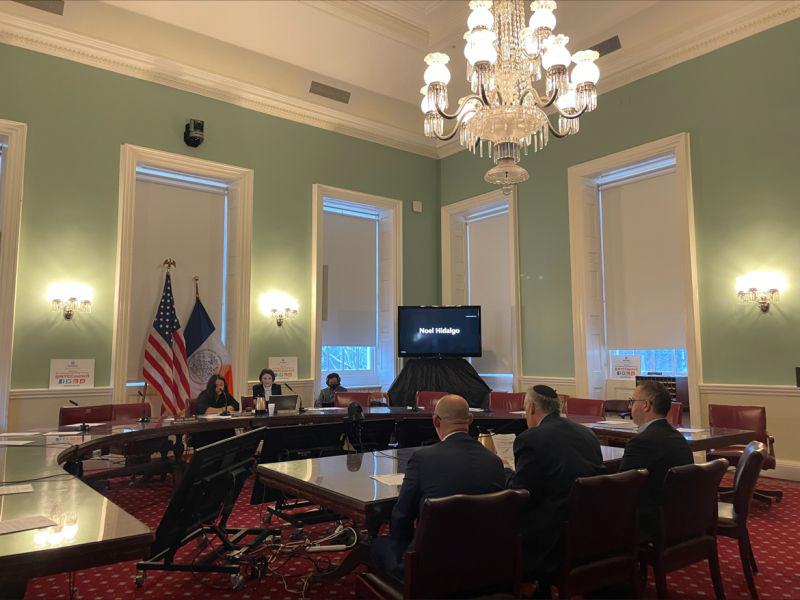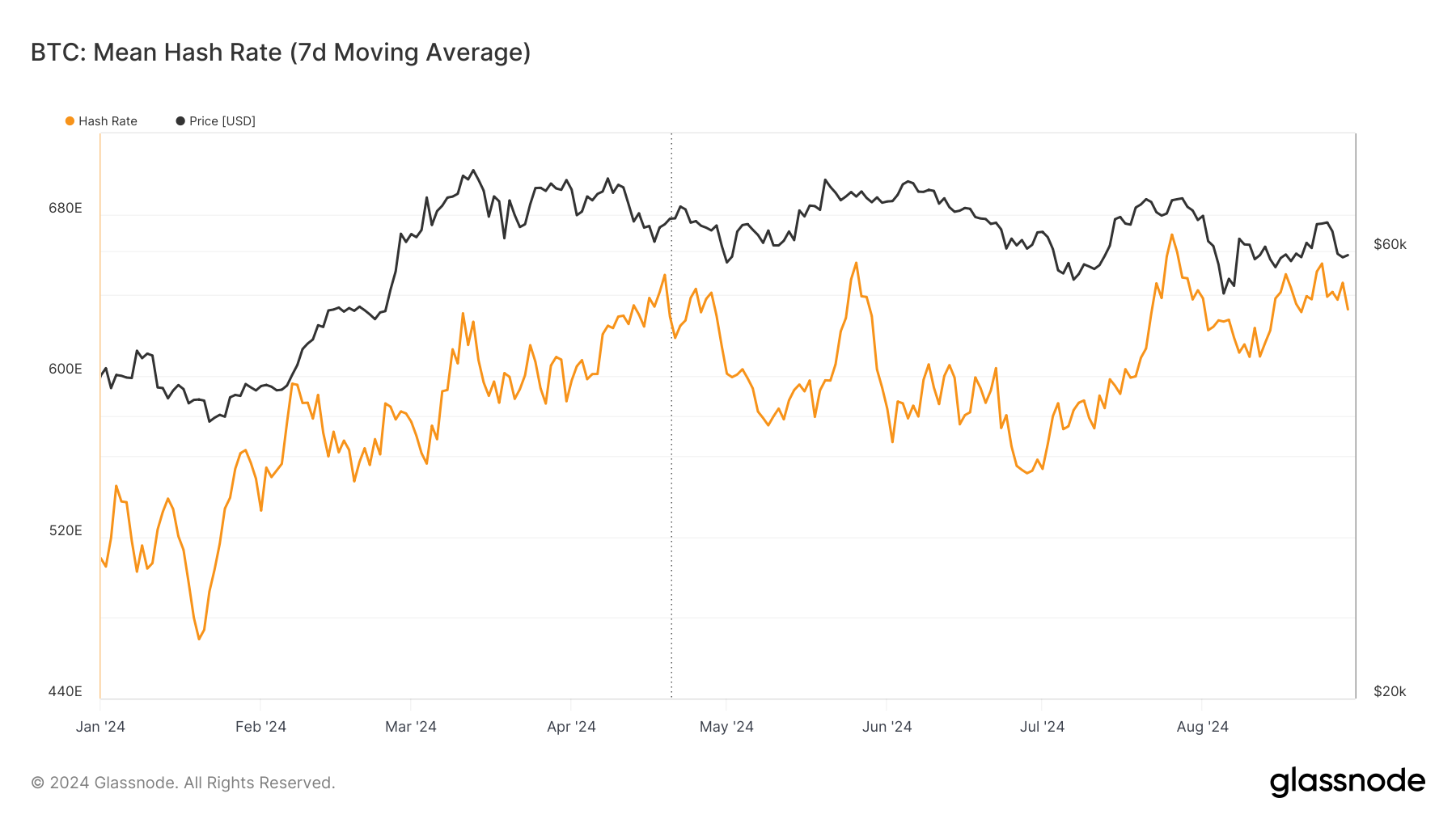BSV Blockchain Association Public Policy Director Bryan Daugherty spoke to the New York City Office of Technology & Innovation last week, telling them that blockchain is the real long-term innovation and that the rampant speculation in the digital currency industry allows illicit finance, influencers, and outright Ponzi schemes to thrive.
Daugherty told the committee that, in his view, the collapse of FTX may not be an isolated event and that it stemmed from a critical failure in leadership or outright criminal activity.

The SmartLedger co-founder called out the pleasant-sounding lies touted by many prominent players in the industry, saying that all the talk of inclusion and increased efficiencies was little more than a ploy to trick consumers and investors out of their hard-earned money.
In the view of the BSV Blockchain Association, blockchain technology and micropayments, data integrity, and improved network security are the real innovations.
BSV supporters are telling policymakers the truth
In his capacity as Public Policy Director for the BSV Blockchain Association, Daugherty has a unique opportunity to inform policymakers in the United States and elsewhere how blockchain really works and why, despite the lies and fraud that typify the digital currency industry today, there is real innovation here.
Unlike the Twitter influencers and crypto-anarchists who are loud and proud online, Daugherty is meeting with leaders who will have some degree of influence on how regulations turn out. His understanding of the original Bitcoin protocol, which his company SmartLedger is utilizing to create various utility applications harnessing the power of BSV, will be passed on to those who matter, facilitating a greater understanding of the real power of Bitcoin and ensuring regulations promote true innovation and value creation while stamping out crime.
Significantly, Daugherty repeatedly distances BSV from the wider digital currency industry and the speculation it’s renowned for. He is an example of someone who is building real companies to create value rather than simply trying to extract it from other ‘traders,’ giving him credibility that others attempting to influence the same policymakers don’t have.
What are the true innovations of the BSV blockchain?
Daugherty mentioned three innovations BSV blockchain unlocks: micropayments, data integrity, and increased network security. Let’s look at these one by one.
Micropayments – Bitcoin is and always has been a peer-to-peer electronic cash system. While BTC, which has hijacked the Bitcoin brand name, is renowned for its high fees and slow transactions, the original protocol designed by Satoshi Nakamoto was capable of instant transactions for near-zero fees.
Thankfully, a team of hardworking Bitcoiners restored the original protocol—it is now known as BSV. It processes millions of microtransactions every day for a growing number of applications in the gaming, finance, and social media sectors. The average fee for sending a BSV transaction is less than 1/1000th of a cent, and BSV’s throughput capacity is growing by the day. Dr. Craig Wright, the inventor of the Bitcoin protocol, envisages millions and then billions of transactions per second, creating a micropayment economy on a truly global scale.
Micropayments make it possible to conduct economic activity that has traditionally been impossible, such as tipping influencers and content creators fractions of a cent, paying pennies to access online media such as videos or blog posts, and paying for in-game actions, making new business models possible for the first time.
Data Integrity – In his recent The Bitcoin Masterclasses, Dr. Craig Wright spoke at length about the problems with data breaches and the predatory business models that rely on data harvesting. He also outlined the implications for privacy and what the future might look like thanks to Bitcoin.
While many hardcore BTC advocates will deny it and try to stop anyone who wishes to use Bitcoin for data transfers, the truth is the protocol was always capable of processing and storing data. BSV proves this—it’s possible to write all kinds of data to the blockchain, including NFTs, in the form of images, videos, and audio files.
Satoshi Nakamoto always intended for Bitcoin to be more than a mere cash system. Hence he built in opcodes like PUSHDATA4. Not understanding this, or perhaps not wanting to, BTC Core developers stripped these features out, creating the broken system we see today in BTC. Having restored Satoshi’s original design, BSVers have proven it was always capable of data transactions.
As tools are built and Bitcoin integrates with IPv6, these data capabilities will have revolutionary consequences for the world. Not only will data storage become truly decentralized, breaking down the walls of the silos data lives in today, but it will be possible to send files in a truly peer-to-peer fashion, cutting out the data harvesters and digital spies like Meta (NASDAQ: META) and Twitter.
On top of this, companies, organizations, and individuals will be able to write data to the blockchain, receiving micropayments for access to that data or storing it immutably for any number of reasons. Thus, it will be possible to prove that a company took action to comply with regulations, that an individual invented something before someone else, or that any given event occurred on a given date at a certain time. There will be a timestamped record of the data on the BSV blockchain.
Network Security – This innovation is one close to Daugherty’s own heart. His company Certihash has built a suite of blockchain-powered cybersecurity tools, including Sentinel Node, in conjunction with IBM. Sentinel Node revolutionizes network security, logging and timestamping network events on the blockchain.
Whereas the average time it takes to detect a network breach is several months today, Sentinel Node reduces that time to a few seconds. It constantly monitors the state of computer networks, giving alerts when actions are taken in relation to protected files. Unlike similar tools today, Sentinel Node writes the data to an immutable public blockchain, making it impossible to alter or edit logs.
Not only do blockchain-powered tools like this dramatically reduce the time required to detect breaches, but they create true administrator accountability. It will no longer be possible to deny, obfuscate, or pass the buck when everything—from breaches to the actions taken by admins to deal with them—are visible on an immutable public ledger that acts as a universal source of truth.
Truly, the innovations Daugherty spoke of to the New York City Office of Technology & Innovation Committee are world-changing. They’re merely hidden, for now, under a mass of fraud, lies, and deception promoted by a crypto industry that financially benefits from naive speculators trading worthless tokens. Slowly, the world is waking up to the true power of Bitcoin, and in time, it will change the world in ways that are barely imaginable.
Watch: Sentinel Node Blockchain Tools to Improve Cybersecurity
width=”560″ height=”315″ frameborder=”0″ allowfullscreen=”allowfullscreen”>
New to Bitcoin? Check out CoinGeek’s Bitcoin for Beginners section, the ultimate resource guide to learn more about Bitcoin—as originally envisioned by Satoshi Nakamoto—and blockchain.



